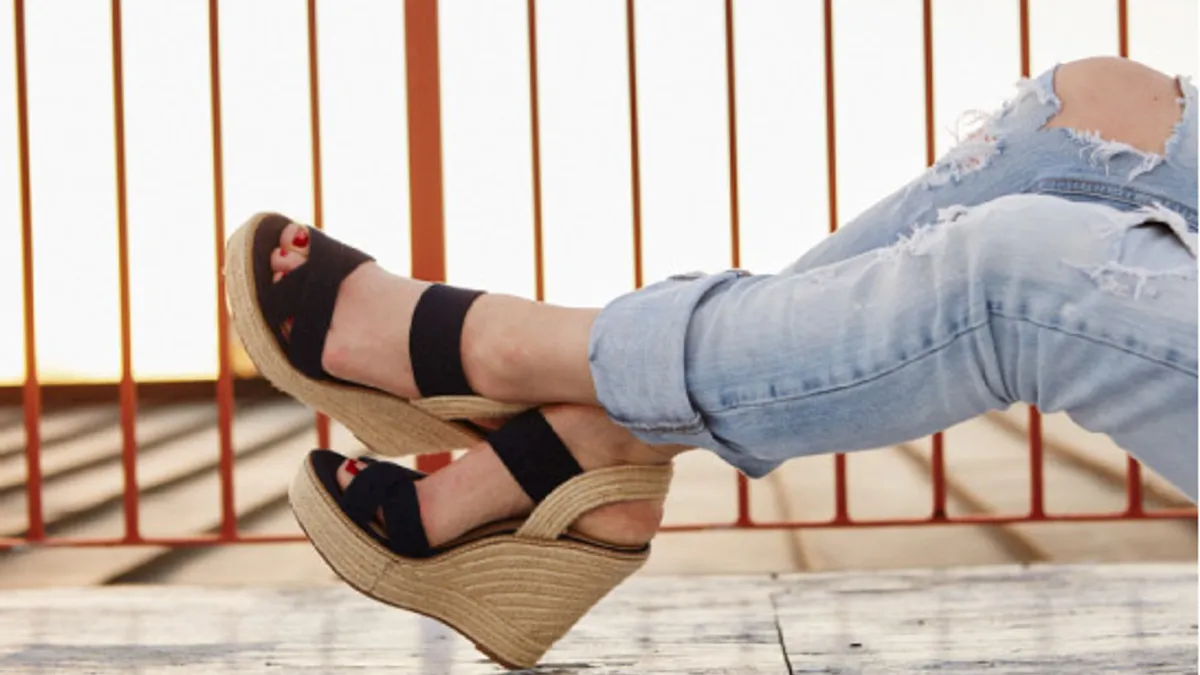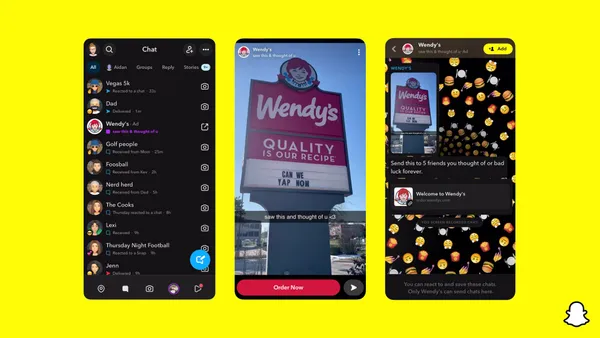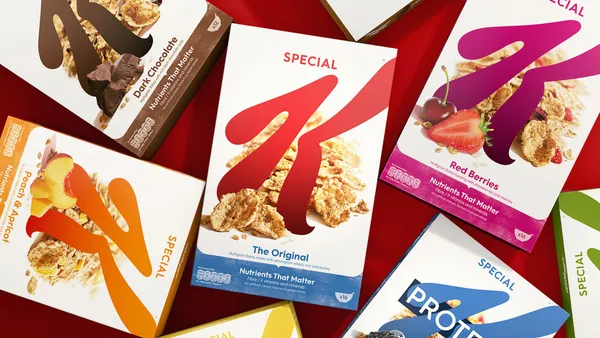Dive Brief:
- DSW Inc. partnered with AI-based marketing optimization and analytics software Marketing Evolution, according to a news release made available to Marketing Dive. The footwear and accessories retailer intends to measure advertising results and optimize media plans at the right time down to the personal level and also increase its return on investment.
- DSW will use the Marketing Evolution ROI Brain's insights to reach footwear and fashion customers and drive higher levels of performance at its brick-and-mortar stores and on its e-commerce site. The retailer is seeking to uncover which messages influence which consumers "to optimize creative rotation, targeting and media mix, to gain a competitive advantage in the marketplace."
- "We want to gain insights into the customer's behavior to understand how each piece of our marketing efforts magnifies or hinders the others," Julie Roy, senior director, customer marketing and analytics, DSW, said in a statement. Marketing Evolution works with a variety of brands in the automotive, entertainment, financial services and retail sectors.
Dive Insight:
With the new partnership, DSW is making an effort to better understand customers' needs and behaviors to create more efficient and cost-effective marketing campaigns. While marketers continue to put more of their budgets toward digital efforts, determining ROI and measuring a campaign's effectiveness has been an ongoing struggle. AI-powered tools like those offered by the Marketing Evolution might ease some of the pain points along the way, and AI continues to be a space that businesses across sectors are investing heavily in.
Most retailers already collect a wealth of insights from consumers through brick and mortar sales, loyalty programs and e-commerce profiles, including products viewed and purchasing habits. AI can help marketers in analyzing and gathering insights from those data sets that will improve marketing personalization. True one-to-one personalization has been a holy grail for the marketing industry for a while now, and consumers continue to demand high-quality, relevant content that meets their needs.
However, personalization is increasingly proving to be a fine line that brand must walk. Seventy-five percent of consumers report some forms of marketing personalization are creepy, according to a recent survey by InMoment. After a creepy experience, about half of consumers say they keep shopping with the brand, but 22% report leaving for other brands. As marketers create campaigns focused on personalization, they should take into account experiences that are most likely to grab people's attention and not ward them off. Consumers tend to place more value on experiences that offer exclusive content or give them what feels like a VIP treatment, InMoment found.














